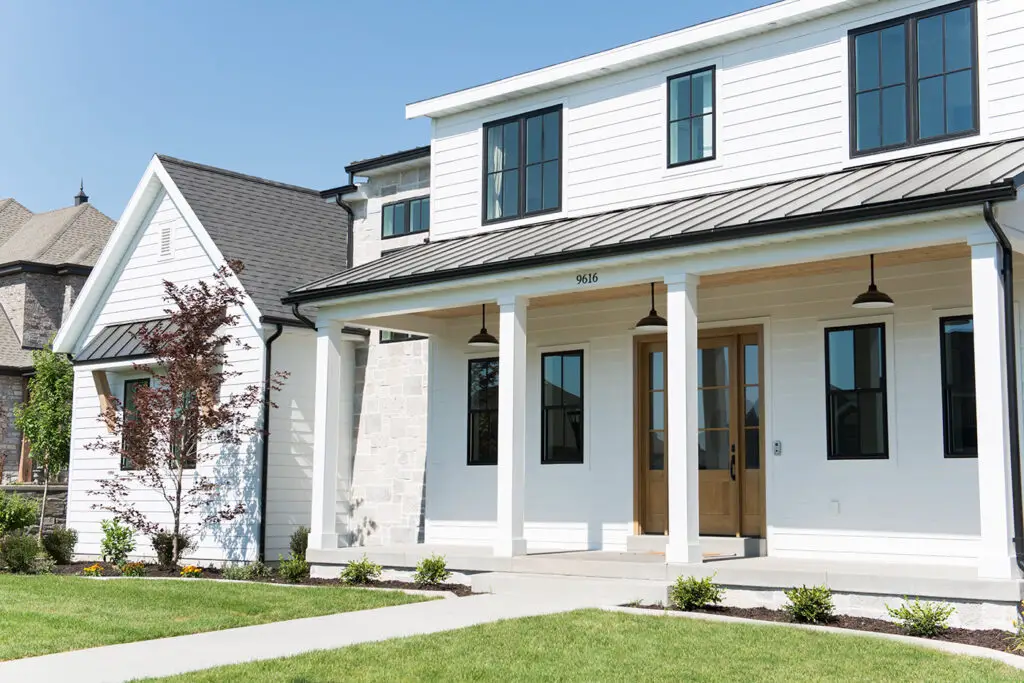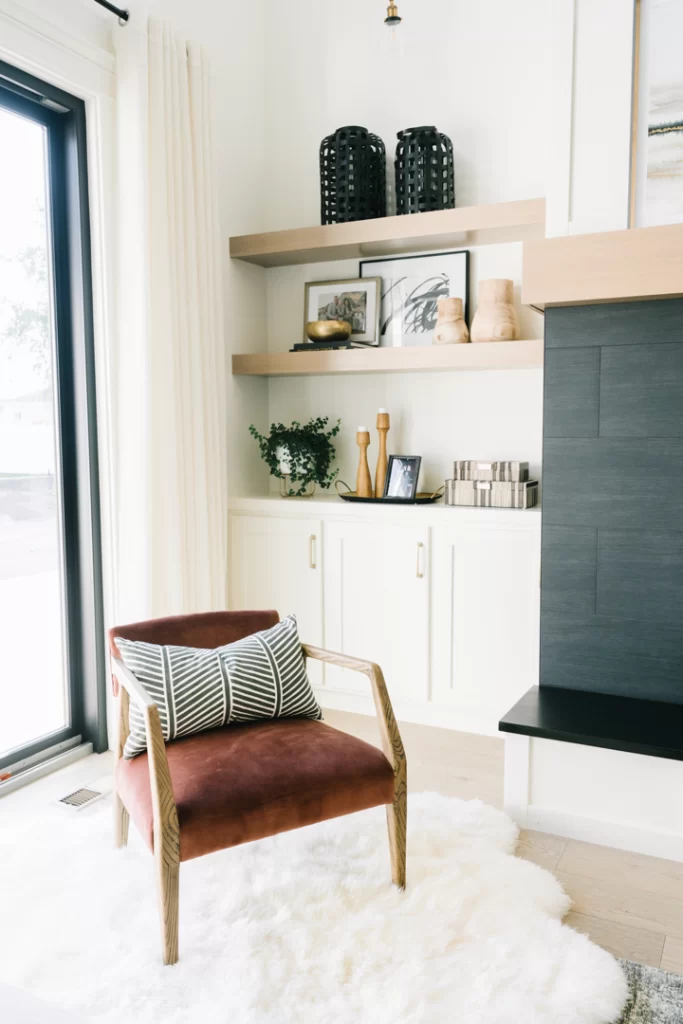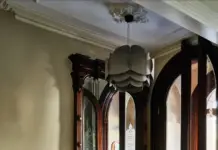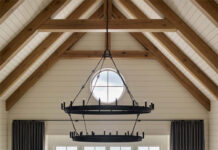In our fast-paced, modern lifestyles, we frequently take for granted the comfort offered by the heating, ventilation, and air conditioning (HVAC) systems that keep indoor spaces habitable. However, these unsung heroes can sometimes go unseen until they fail, leaving us sweltering in the summer heat or shivering in the depths of winter.
When it comes to your property’s HVAC system, frequent maintenance is essential. A properly maintained air conditioner can last 14 years, and a properly maintained furnace can last 15-20 years. You want to ensure that your rental’s HVAC system is operating correctly and efficiently for your tenants’ comfort and safety throughout the year and for many years. But how can you do that and protect your investment? By getting an HVAC maintenance plan.
Whether you’re a homeowner or a business owner, understanding the ins and outs of HVAC maintenance plans is crucial for your tenant’s comfort and budget. Read along as this post discusses everything you need to know about HVAC maintenance plans.
What is an HVAC Maintenance Plan?
An HVAC maintenance plan is an organized and regular service agreement designed to ensure the best heating, ventilation, and air conditioning (HVAC) systems performance and durability. Professional HVAC service companies frequently provide these programs to residential and business customers.
The primary goal of an HVAC maintenance plan is to prevent system malfunctions, enhance energy efficiency, and maintain indoor air quality. It includes frequent inspections, cleaning, and servicing of HVAC components such as filters, coils, motors, and ductwork. Technicians identify and solve potential issues before they become serious problems, minimizing the chance of costly emergency repairs.
Property owners may enjoy various benefits by following a maintenance schedule, including reduced energy bills, extended system lifespan, improved air quality, and increased comfort. Overall, these plans offer a cost-effective approach to keep HVAC systems in good working order throughout the year.
Pros of Investing in HVAC Maintenance Plan
1. Enhanced Energy Efficiency
Investing in an HVAC maintenance plan improves energy efficiency significantly. Regular maintenance ensures that your heating, ventilation, and air conditioning system performs optimally. Clean filters, well-lubricated components, and calibrated settings allow your HVAC system to heat or cool your room with less energy. Homeowners should hire a local property manager in Northern Virginia to find a good HVAC contractor.
As a result, monthly utility bills experience a decrease, as is the carbon footprint. Improved energy efficiency saves money and helps create a more sustainable environment by lowering energy consumption. Furthermore, it ensures continuous temperature management and reduces the risk of system failure, making it a cost-effective and environmentally responsible option for both residential and commercial settings.
2. Extended System Lifespan
Investing in an HVAC maintenance plan can significantly increase the longevity of your heating and cooling system. You can avoid unnecessary wear and tear by routine maintenance, which includes cleaning, lubricating, and checking every component. This means that your HVAC system will last longer before you need to replace it.
Your system’s critical components, including the compressor and blower, are less likely to fail prematurely if you take adequate care of them. This saves you money on a new system and ensures that your investment provides reliable heating and cooling for an extended period, making it a financially wise and practical choice.
3. Improved Indoor Air Quality
Investing in an HVAC maintenance plan dramatically improves indoor air quality. Cleaning and replacing filters, inspecting ducts, and fixing issues with the air handling components are all part of regular maintenance. This ensures that the air circulated throughout your living or working space is free of dust, allergens, and contaminants.
Cleaner air leads to a healthier environment, lowering the incidence of respiratory issues and allergies. Improved indoor air quality enhances overall comfort and productivity, making your rental more enjoyable and conducive to better well-being. Investing in an HVAC maintenance plan can create a safer, more pleasant indoor atmosphere for renters.
Cons of Investing in HVAC Maintenance Plan

1. Cost
The recurrent cost is a significant drawback of investing in an HVAC maintenance plan. These plans often necessitate regular payments, which might strain your finances, especially if you are on a fixed income.
While they provide long-term benefits, the immediate financial commitment can disadvantage some. It’s important to weigh this ongoing expense against the potential savings and help determine if a maintenance plan is cost-effective for your situation.
2. Ineffective Service Providers
One disadvantage of investing in an HVAC maintenance plan is the possibility of dealing with incompetent service providers. You may receive poor maintenance services if you hire a contractor who needs more competence or professionalism.
This can waste money because you will not benefit from better system performance and efficiency. As a result, it is critical to conduct extensive research and choose a trustworthy and professional service provider to ensure that your investment in a maintenance plan is beneficial.
3. Over-servicing
One potential problem with HVAC maintenance plans is over-servicing. Some service providers could suggest and carry out unnecessary maintenance procedures, raising your overall costs. This practice may need to be more effective and cost more money than benefits. It’s critical to pick a reliable provider and identify the required services to prevent overservicing.
Average Costs of HVAC Maintenance Plans

The average cost of an HVAC maintenance plan varies depending on criteria such as location, system type, and level of care provided. Plans for household systems typically range from $150 to $500 per year. Basic plans frequently include inspections and filter replacements. In contrast, more comprehensive plans may include duct cleaning, coil cleaning, and priority service. Commercial HVAC maintenance plans can be much more expensive, ranging from $500 to $1,500 yearly, depending on the system’s size and complexity. Researching options and selecting a plan that meets your demands and budget is critical.
Conclusion
An HVAC maintenance plan is more than just a service agreement; it invests in your heating and cooling systems’ comfort, cost savings, and longevity. You may benefit from increased energy efficiency, extended equipment lifespan, better indoor air quality, and peace of mind by servicing your HVAC system regularly.
While there are fees associated with maintenance plans, the long-term advantages greatly outweigh them, making them an excellent choice for residential and commercial premises. Remember that a properly maintained HVAC system keeps your property warm and healthy and contributes to your financial well-being by reducing energy bills and avoiding costly emergency repairs.
























